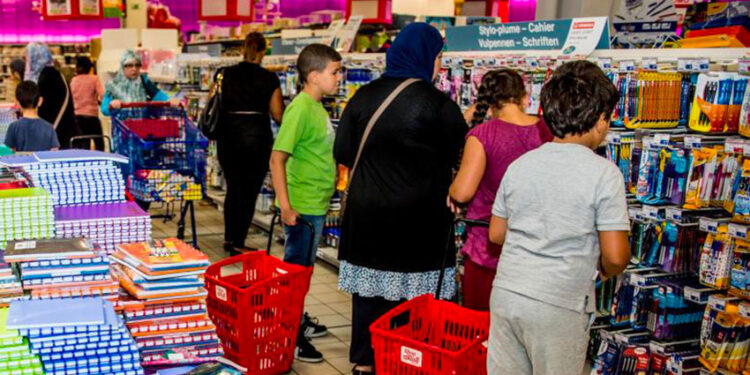As soon as the suitcases are stored, the Tunisians find themselves faced with a new race for expenses: back to school. Papetering and large surface stalls are covered with brand new notebooks, satchels and supplies, reminding parents that the financial respite is short -lived.
For many households, this period is part of a succession of expensive events: first the summer holidays, then the start of the school year, soon followed by the Mouled religious holiday. A real budgetary loop which leaves little room for households, especially in a context of persistent inflation and purchasing power at half mast.
According to merchants, demand is already strong, but prices experience an average increase of 10 to 20 % compared to last year. Families try to juggle between the needs of children and a portfolio already weakened by summer spending.
For some, this accumulation of loads leaves no choice but to use debt or staggered purchases. For others, it pushes to look for alternatives: used supplies, reuse of equipment from the previous year, or wholesale purchases to reduce costs.
But beyond adaptation strategies, this period illustrates a deeper phenomenon: the concentration of multiple spending posts over a few months of the year, making budget management of Tunisian households particularly tense. A situation which, for many, transforms the start of the school year and the parties that accompany it into a real career of the financial fighter.
Hotel holidays in Tunisia: a luxury reserved for the richest?








